
Benefits Of Apple Cider Vinegar For Fatty Liver – Is It Good To Take?
Fatty liver disease has quickly become one of the most common health issues across the globe, mostly due to our modern diet and sedentary lifestyle. And while medications and medical advice are always the foundation of treating this condition, many people are turning to natural remedies to help speed up recovery. One such remedy gaining massive popularity is Apple Cider Vinegar for Fatty Liver.
Did you know? A 2022 study found that apple cider vinegar (ACV) significantly reduced liver fat accumulation and improved lipid metabolism with a high-fat diet, suggesting it could play a promising role in managing non-alcoholic fatty liver disease (NAFLD).
And with over 1 in 3 adults in India now estimated to have some form of fatty liver this tangy kitchen staple is getting serious attention from both natural health enthusiasts and researchers alike.
Key Takeaways:
1. With more than 1 in 3 adults in India now estimated to have some form of fatty liver disease, it's quickly becoming a silent epidemic.
2. Apple Cider Vinegar Helps Burn Liver Fat: The main ingredient in ACV, acetic acid, helps your body break down fat and stops it from being stored in the liver.
3. Enhances Digestion and Metabolism: When taken before meals, ACV improves stomach acid, bile flow, and gut health reducing digestive load on the liver.
4. Follow a liver-friendly diet: Eat more leafy greens, cruciferous vegetables, healthy fats, and lean proteins in addition to Apple Cider Vinegar, while avoiding added sugars, refined carbs, alcohol, and fried foods.
5. Start your day with ACV: Mix 1 tablespoon of raw, unfiltered apple cider vinegar in a glass of warm water and drink it 10–15 minutes before your main meal to support fat metabolism and digestion.
Can apple cider vinegar really dissolve fat stored in the liver or is it just another overhyped trend? To find out the truth first it's important to know What is Fatty Liver Disease?
What is Fatty Liver Disease?
Fatty liver disease, or hepatic steatosis, is a condition where excess fat builds up in the liver cells. It's becoming increasingly common, especially in people over the age of 40, though younger individuals aren't exempt either. There are two main types: alcoholic fatty liver disease (AFLD) and non-alcoholic fatty liver disease (NAFLD). The non-alcoholic version is especially prevalent today due to high sugar consumption and lack of physical activity.
When too much fat accumulates in your liver, it interferes with liver function and may lead to inflammation, scarring, and eventually even liver failure if untreated. While the liver is capable of regenerating itself, persistent damage can reduce this ability over time. This makes early intervention crucial.
What's especially alarming is that fatty liver disease often shows little to no symptoms in its early stages. You might feel tired, notice some discomfort in the upper right abdomen, or have slightly elevated liver enzymes in your blood tests but many don't realize they have it until it's progressed further.
Understanding the root causes and stages of this disease is the first step toward taking control of your liver health and finding natural aids like apple cider vinegar can make a big difference when paired with lifestyle changes.
Apple Cider Vinegar: What Makes It Special?
Apple cider vinegar is essentially fermented apple juice. Through fermentation, sugars in the apple are turned into alcohol and then further into acetic acid, the compound responsible for most of ACV's health benefits.
A tablespoon of ACV contains:
- Acetic acid
- Enzymes and amino acids
- Potassium, magnesium, and small traces of other minerals
- Probiotics (in raw, unfiltered varieties with "the mother")
It's the acetic acid that steals the spotlight. This acid helps regulate blood sugar, improves insulin sensitivity, supports fat metabolism, and may inhibit fat accumulation in the liver. All of which makes apple cider vinegar good for fatty liver not just a claim, but a scientifically grounded insight.
Can Apple Cider Vinegar Really Detox Your Liver?
Your liver is already a detox powerhouse; it processes everything from alcohol to medications and environmental toxins. However, in the case of a fatty liver, this function becomes sluggish. Apple cider vinegar can enhance bile production and increase the liver's enzymatic activity, helping to flush out accumulated waste more efficiently.
A study published in BMC observed that rats fed a high-fat diet and given ACV had significantly lower liver fat than those who weren't.
Another study found that acetic acid improved lipid metabolism in mice, reducing triglyceride accumulation in the liver.
What makes this interesting is that acetic acid, the active component in ACV, has been shown in several studies to reduce liver fat accumulation and inflammation. By boosting metabolism and improving insulin sensitivity, ACV indirectly reduces the burden on your liver.
Why is Apple Cider Vinegar Good for Fatty Liver: The Benefits of ACV
1. Breakdown of Fatty Deposits
One of the main goals in managing fatty liver is to reduce intrahepatic fat in simpler terms, to get rid of that unwanted fat clogging your liver. Apple cider vinegar may help with this thanks to acetic acid. It helps:
- Boosts Fat Burning – The main ingredient in apple cider vinegar, acetic acid, helps your body burn more fat by turning on certain fat-burning genes. It activates something called AMPK in liver cells, which then boosts other genes like PPAR-α that help break down fat. A 2009 study in the Journal of Agricultural and Food Chemistry found that acetic acid can reduce body fat and fat buildup in the liver by increasing these fat-burning genes.
- Reduces Fat Storage – Apple cider vinegar can slow down the process by which your body stores fat, known as lipogenesis. The acetic acid in it blocks key enzymes involved in fat storage, specifically FAS (fatty acid synthase) and ACC (acetyl-CoA carboxylase). This helps reduce the amount of new fat your body makes.
- Lowers Liver Enzymes – High levels of liver enzymes like ALT and AST are often signs of liver stress or damage. Studies show that apple cider vinegar may help lower these levels. In animal research, diabetic rats given ACV for 4 weeks had significantly reduced ALT, AST, and bilirubin levels, along with better cholesterol profiles. This points to ACV's protective effects on the liver.
2. Improved Digestion and Metabolism
Ever feel bloated, sluggish, or tired after meals? That could be poor digestion, something that directly affects your liver's workload. One of the lesser-known benefits of apple cider vinegar is its ability to improve digestive efficiency.
When you consume ACV before meals:
- It increases stomach acid production, helping break down proteins and absorb nutrients more effectively.
- It stimulates bile flow, which is essential for digesting fats.
- It supports gut microbiome balance, which affects inflammation and liver function.
In essence, the better your digestion, the less stress on your liver. ACV sets off a chain reaction: better digestion = fewer toxins = a healthier liver. For anyone with fatty liver, improving digestion can be a game-changer, and this is where ACV truly shines.
3. Blood Sugar and Insulin Regulation
High blood sugar and insulin resistance are major contributors to fatty liver, especially in non-alcoholic fatty liver disease (NAFLD). Fortunately, one of the most researched benefits of apple cider vinegar is its ability to stabilize blood sugar.
Here's how it helps:
- Slows down carbohydrate digestion, reducing post-meal sugar spikes. Human trials demonstrate that 15 ml of vinegar with meals supports modest weight and cholesterol reduction.
- Improves insulin sensitivity, helping your body process glucose more efficiently.
- Reduces fasting blood glucose levels, which is crucial for people with prediabetes or diabetes.
When insulin resistance is lowered, fat is less likely to be stored in the liver. So yes, apple cider vinegar is good for fatty liver, particularly if your liver condition is tied to blood sugar issues.
Regular ACV intake, paired with a low-glycemic diet, can significantly improve insulin response, helping both your liver and your overall health in the long run.
4. Appetite Control & Calorie Reduction
One of the lesser-known yet powerful benefits of apple cider vinegar (ACV) is its ability to reduce appetite and help you eat fewer calories, something especially helpful when dealing with fatty liver.
- Boosts Fullness Hormones: Having ACV before or with meals can increase hormones like GLP-1 and PYY, which help you feel full. Some studies show this can lead to eating 200–275 fewer calories a day.
- Slows Stomach Emptying: ACV also slows down how quickly food leaves your stomach by around 30%. This keeps you feeling full for longer and prevents overeating. A review of 12 studies found that people who had ACV with meals felt less hungry for up to two hours afterward.
For people with fatty liver, avoiding extra calories is crucial. ACV naturally helps reduce hunger and supports portion control, making it easier to manage weight and liver fat.
5. Fights Inflammation & Boosts Antioxidants
Chronic inflammation and oxidative stress are major causes of fatty liver getting worse. ACV helps fight it with its natural compounds:
- Lowers Inflammation Markers: Studies show that ACV can reduce levels of harmful substances like IL-1β and IL-6, which are signs of liver inflammation. It also slows down fat-creating pathways (SREBP and LXR) in the liver.
- Improves Antioxidant Levels: ACV increases your liver's antioxidant enzymes, like superoxide dismutase (SOD) and glutathione (GSH). In studies, mice on high-cholesterol diets had better antioxidant levels and less liver damage when given ACV.
- Supports Gut Health: ACV improves gut bacteria, like Akkermansia, which help protect the gut lining. A healthier gut means fewer harmful toxins reach the liver, reducing the risk of liver inflammation.
This combination reduces inflammation and boosts antioxidant protection, especially through a healthier gut–liver connection helps stop fatty liver from progressing into more serious conditions like NASH (non-alcoholic steatohepatitis).
Diet Changes for Liver Health
If you're committed to reversing fatty liver, one of the most powerful steps you can take is upgrading your diet along with taking Apple Cider Vinegar. Food is either helping your liver heal or making the problem worse. The goal is to adopt a whole-food, anti-inflammatory, and nutrient-dense eating plan that supports liver regeneration and reduces fat buildup.
Eat More Of:
- Leafy greens (spinach, kale, arugula)
- Cruciferous veggies (broccoli, cauliflower, Brussels sprouts)
- Lean proteins (wild fish, chicken, turkey, lentils)
- Healthy fats (avocados, olive oil, flaxseeds, walnuts)
- Berries and citrus fruits
Avoid or Limit:
- Added sugars and high-fructose corn syrup
- Processed foods and refined carbs
- Alcohol
- Fried and trans-fat-laden foods
- Excess red meat
When combined with apple cider vinegar for fatty liver, a nutrient-rich diet enhances metabolism, reduces fat storage, and supports liver detoxification
More Fatty Liver Reversal Supplements to Consider
To boost your healing, consider these scientifically backed supplements in addition to Apple Cider Vinegar. Always consult with a healthcare professional before starting new supplements:
1. Milk Thistle (Silymarin): Powerful antioxidant that protects liver cells, stimulates cell regeneration, and reduces inflammation.
2. N-Acetyl Cysteine (NAC): Precursor to glutathione, the master antioxidant your liver uses to neutralize toxins.
3. Omega-3 Fatty Acids (EPA/DHA): Reduces triglycerides in the liver and improves insulin sensitivity.
4. Vitamin E: An antioxidant that fights liver cell damage and inflammation.
5. Turmeric (Curcumin): Curcumin has anti-inflammatory and antifibrotic effects that benefit liver health.
6. Probiotics: Balance the gut microbiome, which directly affects fatty liver development via the gut-liver axis.
7. Berberine: Works like metformin, improves insulin sensitivity, lowers blood sugar, and helps reduce liver fat.
Conclusion
Apple cider vinegar isn't a magic cure, but it's a powerful natural ally in managing fatty liver. Backed by research, ACV helps reduce liver fat, improve digestion, regulate blood sugar, and fight inflammation. When combined with a clean diet, active lifestyle, and supportive supplements, it can speed up recovery and protect your liver long-term. Just one tablespoon a day, diluted in water, can make a real difference. Always consult your doctor before adding it to your routine.
FAQ's on Apple Cider Vinegar For Fatty Liver -
Q1. Is apple vinegar good for fatty liver?
Yes, apple cider vinegar (ACV) may support fatty liver management by improving insulin sensitivity and aiding weight loss both key factors in non-alcoholic fatty liver disease (NAFLD). Additionally, apples have a low glycemic index and may reduce NAFLD risk, as studies link higher apple intake to a 22% lower risk. However, always consult your doctor before using ACV as a remedy.
Q2. Who should not take apple cider vinegar?
Apple cider vinegar isn't suitable for everyone. People with digestive disorders, low potassium levels, or those taking medications like diuretics, insulin, or digoxin should speak with their doctor before using it. It may also aggravate symptoms in individuals with acid reflux or gastroparesis, so caution is advised.
Q3. How much apple cider vinegar per day?
A typical suggestion is to take 1–2 tablespoons (15–30 ml) of apple cider vinegar daily, diluted in a glass of water. For better results, you can divide it into 2–3 smaller doses during the day, preferably before or alongside meals.
Q4. Apple Cider Vinegar Dose for Fatty Liver?
For fatty liver support, a common dose of apple cider vinegar is 1–2 tablespoons (15–30 ml) daily, diluted in a glass of water. It's best taken before or with meals and split into 2–3 smaller servings throughout the day. Always consult your doctor before starting.
Q5. When to drink apple cider vinegar?
The ideal time to take apple cider vinegar is on an empty stomach, either early in the morning or about 20–30 minutes before meals. Doing so may enhance its effects on digestion and help regulate blood sugar levels.
References


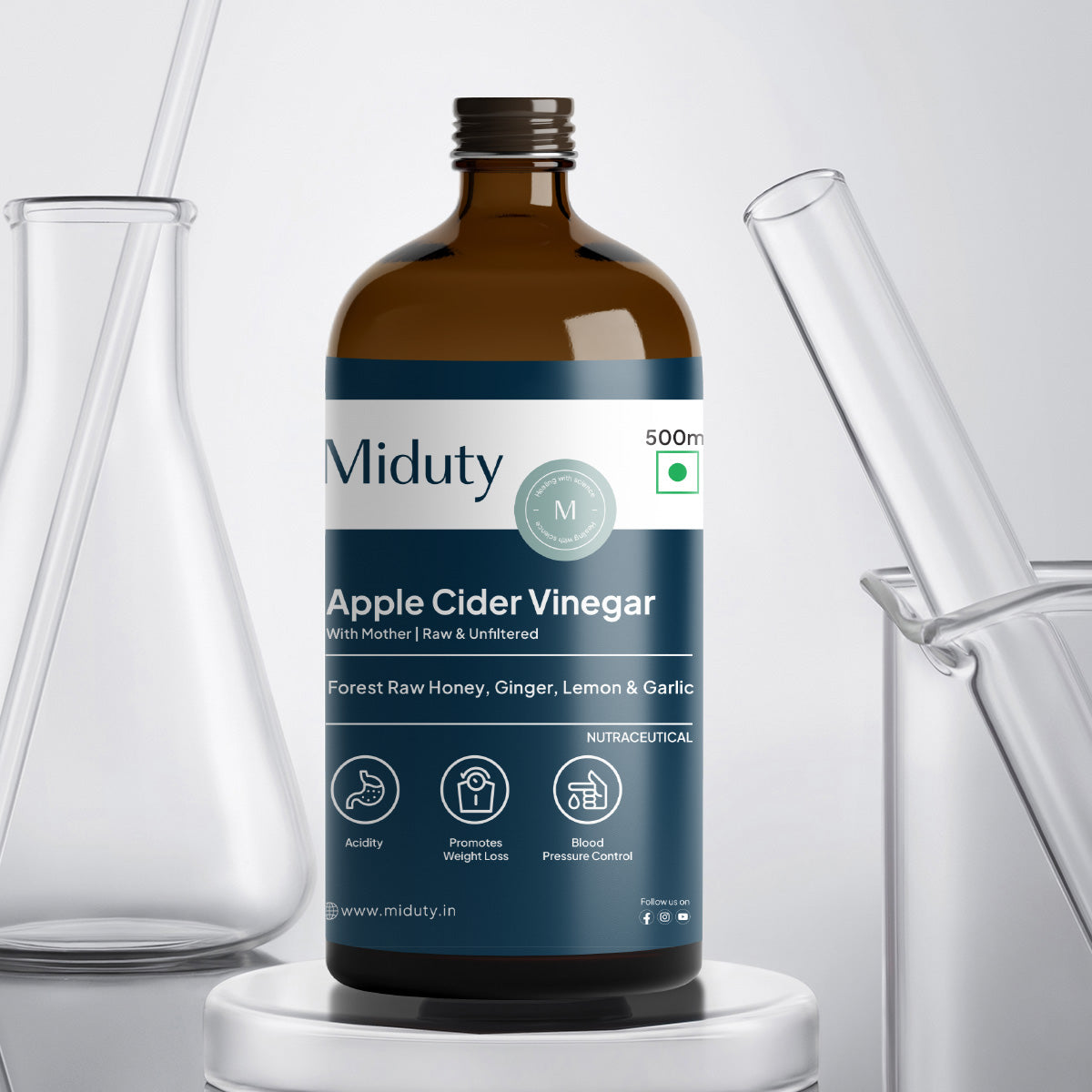
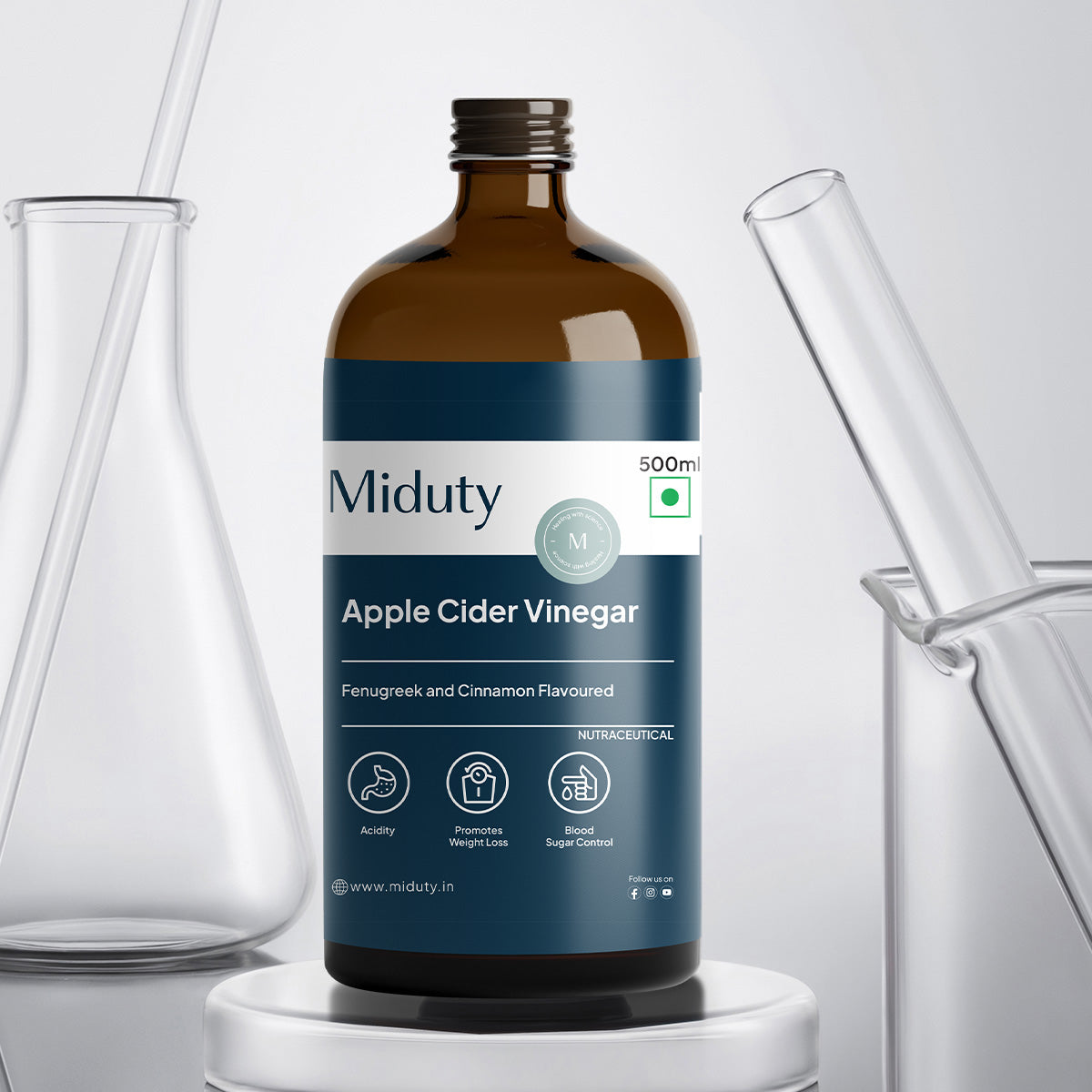
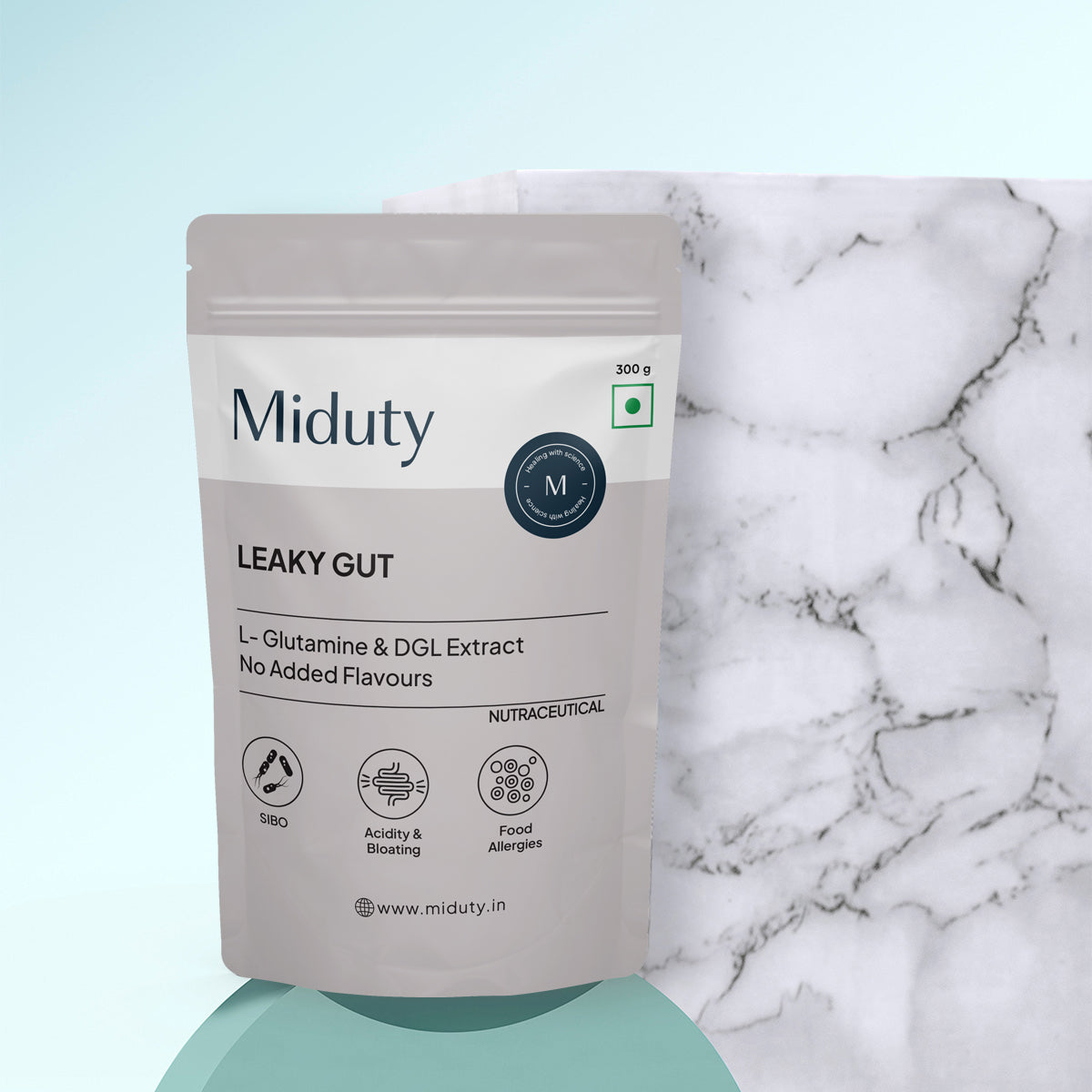
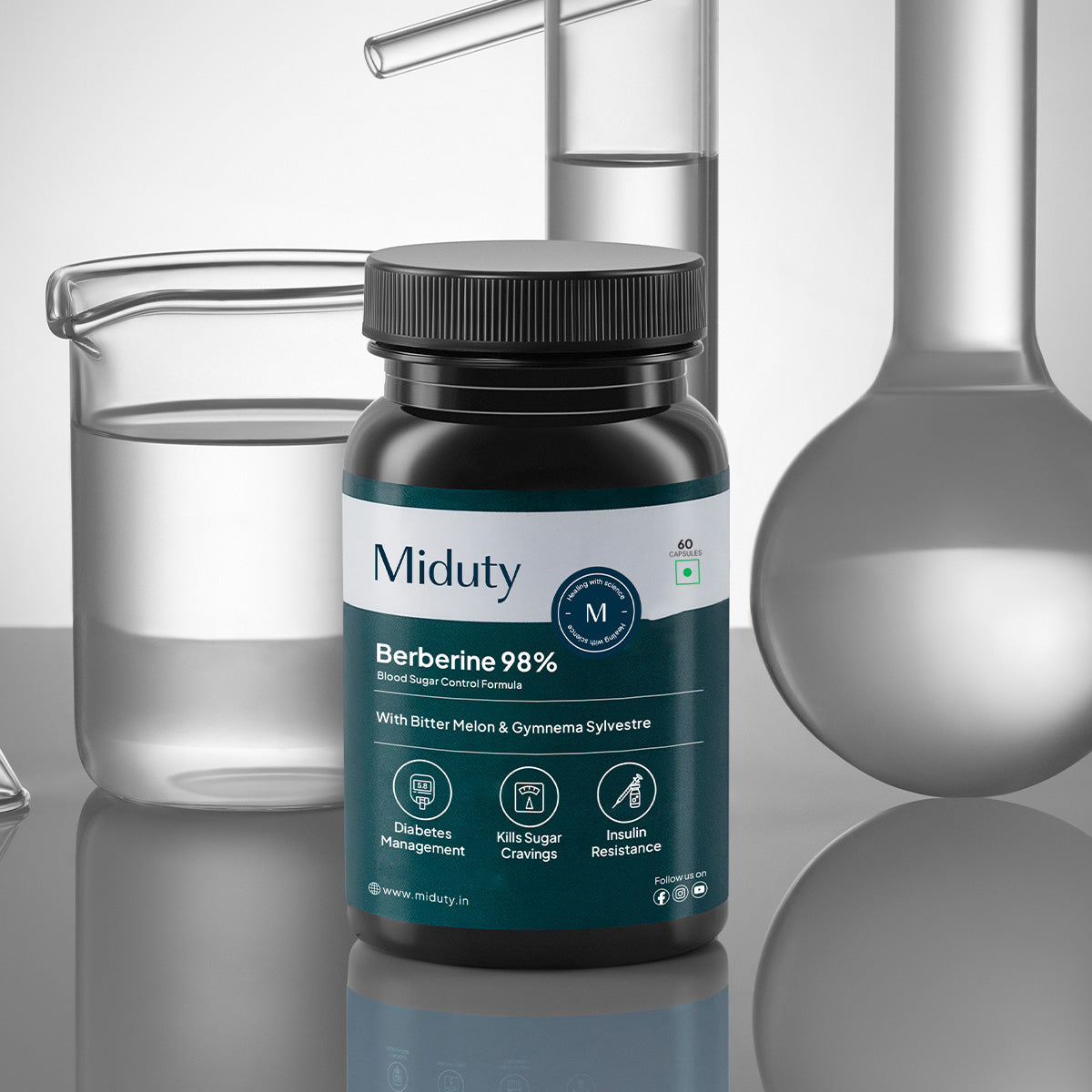
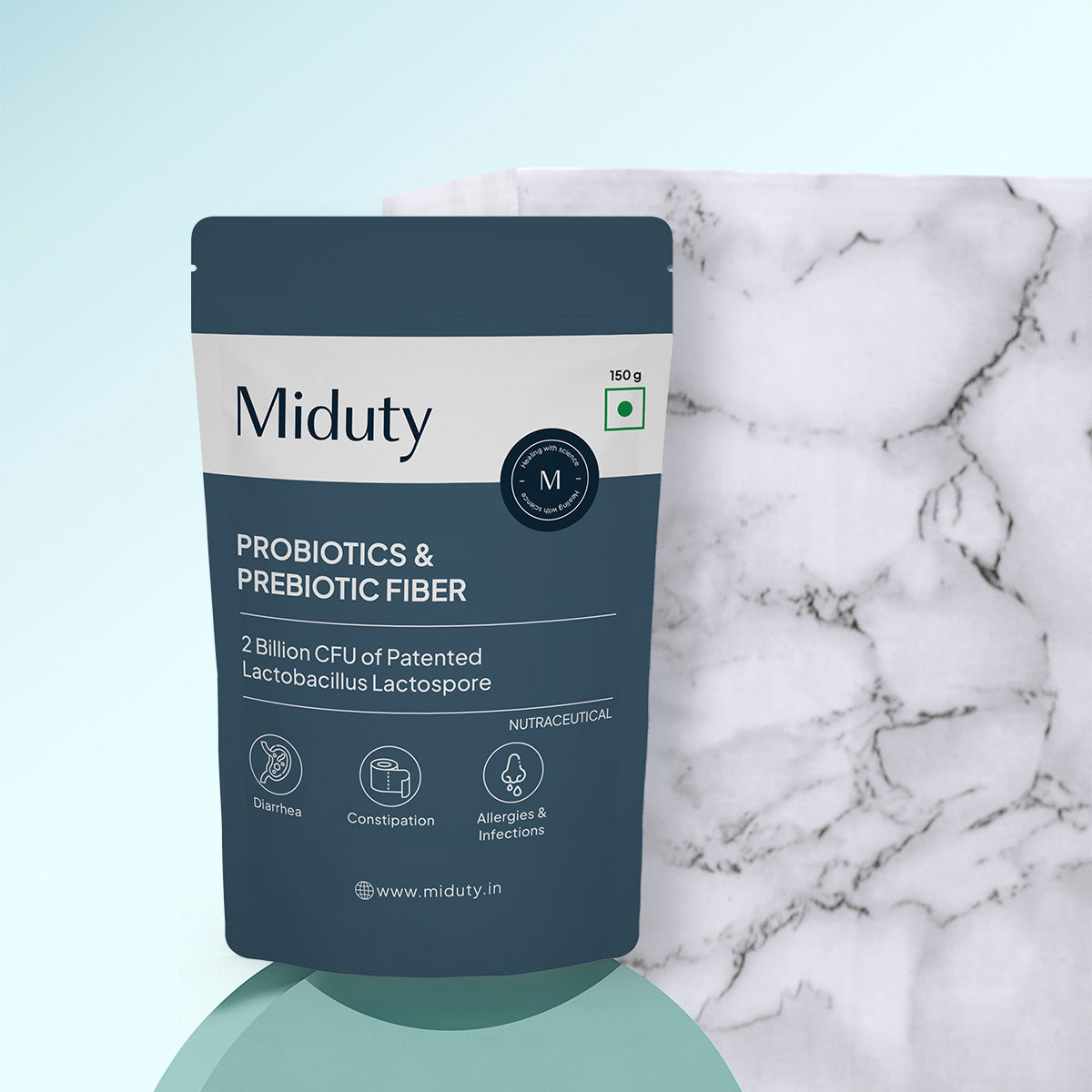







1 comment
Nice information really helpful